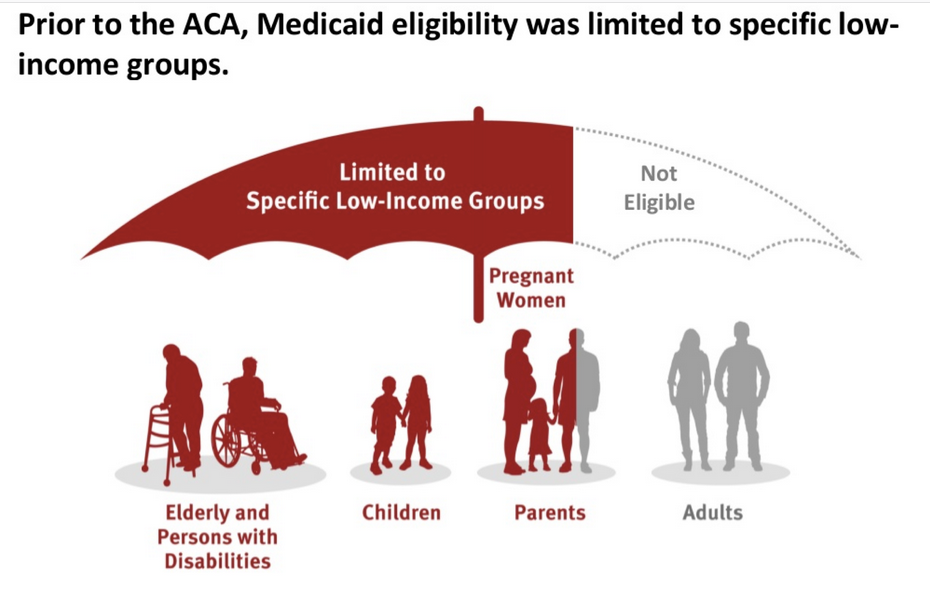Medicaid was created by Congress, which said the program’s core objective was to provide medical care to the needy. Taking medical care away from the needy pretty clearly contravenes this goal. As a result, a federal district court has now struck down Medicaid work requirements in three states (Kentucky, Arkansas, New Hampshire). A circuit court heard an appeal regarding the first two of those cases last month, and is expected to issue a ruling soon.
Undeterred, the Trump administration has continued to encourage states to add work requirements. But noticing the pain and expensive litigation these policies have already caused, other states have been shelving their own proposals.
In fact, just last month, two more states — Arizona and Indiana — announced that they were pausing programs that had already been approved by the Trump administration.
Then on Tuesday, Democratic electoral victories in Kentucky and Virginia raised expectations that these states will soon rescind their states’ policies as well. This would mimic a similar reversal from Maine earlier this year, when a Democrat replaced a far-right Republican as governor.
The progress isn’t universal. Georgia Gov. Brian Kemp (R) recently unveiled his own work requirements proposal — expected legal, administrative and human costs be damned.




